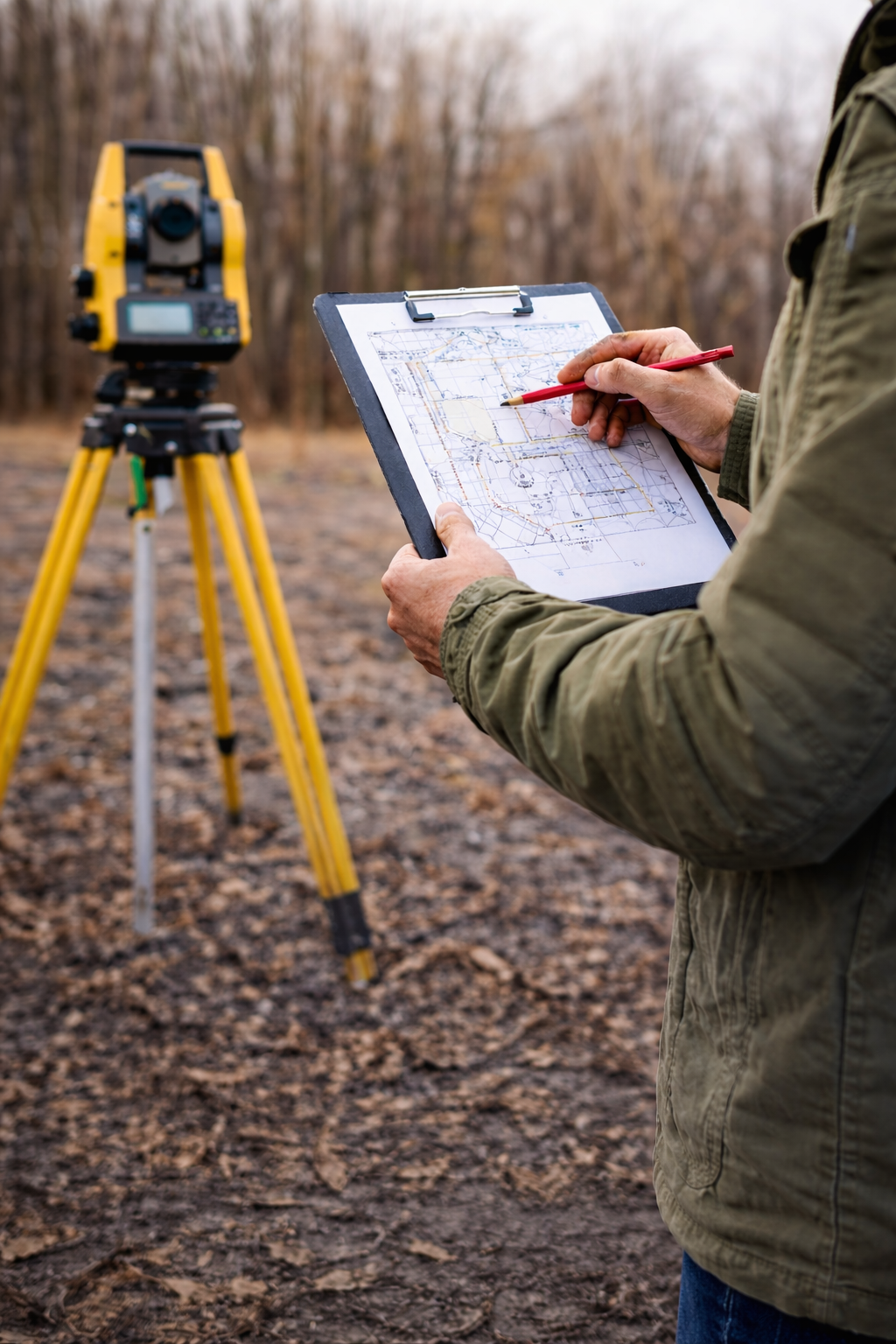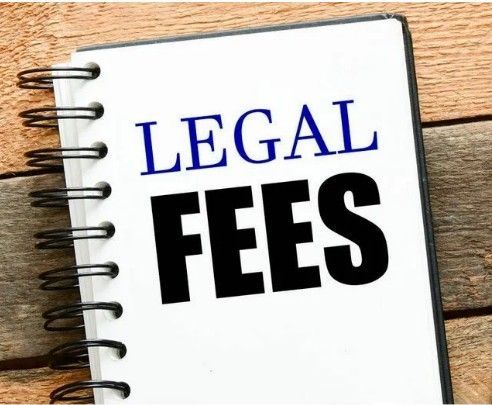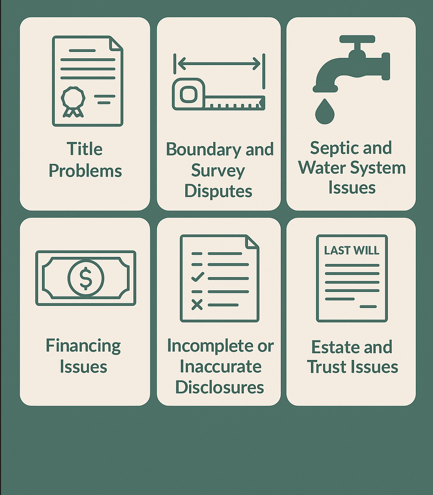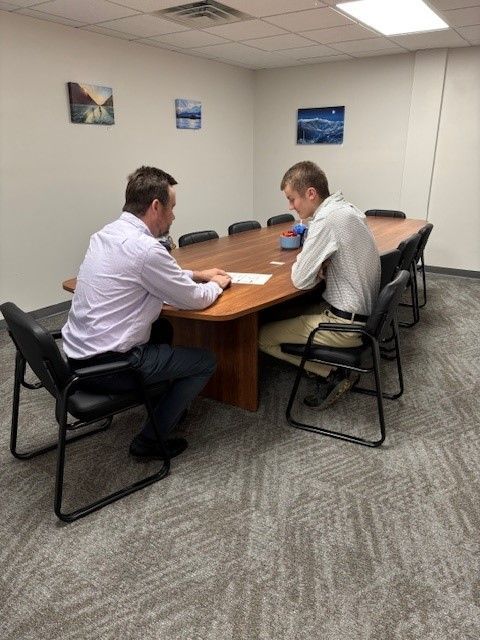Are you planning to move to Vermont and buy a home? Whether you're relocating for work, retiring to the Green Mountains, or investing in a second home, it's important to know that Vermont's home purchase process differs significantly from what you may be used to in other states.
As experienced Vermont real estate attorneys at the Peet Law Group, we regularly work with buyers and sellers from out of state. Here's what makes Vermont unique
—and what you need to know before closing on a property here.
1. Attorneys, Not Title Companies, Handle Closings
Unlike many states where title companies take the lead in handling closings, Vermont is an attorney state. That means licensed attorneys—not title agencies—conduct title searches, prepare closing documents, disburse funds, and record deeds.
In Vermont:
• A buyer's attorney performs the title search and ensures clear title.
• The seller’s attorney usually prepares the deed, transfer tax forms and disclosures.
• Attorneys handle the closing process from start to finish.
This system provides greater legal protection for both parties, but it also means you’ll need to hire an attorney early in the process.
2. Separate Attorneys for Buyer and Seller Are Required
Vermont rules for attorneys require that the buyer and seller be represented by separate attorneys to avoid any conflicts of interest. This differs from some states where a single attorney or title company can represent both parties in a transaction.
3. Real Estate Transfer Tax Responsibilities
The Vermont Property Transfer Tax is typically paid by the buyer, not the seller. This surprises many out-of-state buyers, especially those coming from states where the seller pays the transfer tax.
4. Town and City Clerks, Not County Offices, Record Deeds
Unlike most states that record real estate transactions at the county level, Vermont records deeds at the local town or city clerk’s office.
Each town maintains its own land records. That means:
• Title searches must be conducted individually in the specific town or city where the property is located.
• Recorded documents are not part of a centralized statewide or county database.
This system requires local knowledge, and it's another reason why hiring a Vermont-based real estate attorney is essential.
5. No Formal Escrow Process Like in Some States
In Vermont, there is no traditional escrow process as seen in many western states. Instead:
• The buyer’s attorney holds deposits in a trust (IOLTA) account.
• The closing typically happens in-person or via mail with funds disbursed on closing day.
This streamlined approach often leads to quicker closings, but it also puts more responsibility on the attorneys to ensure all contingencies are met and funds are handled properly.
6. Onsite Septic and Water Systems Are Common
For buyers coming from urban areas, it’s important to know that many Vermont homes rely on private septic systems and wells rather than municipal services. These systems require special inspections and contingency planning in the purchase contract. At Peet Law Group, we help buyers include proper contingencies and inspections to avoid costly surprises.
Thinking of Buying a Home in Vermont?
Purchasing real estate in Vermont can be smooth and rewarding—with the right legal guidance. At Peet Law Group, we’ve helped thousands of buyers and sellers navigate Vermont’s unique real estate process with confidence.
Whether you're relocating from another state or buying your first home in Vermont, we’re here to protect your interests and make your purchase seamless.











